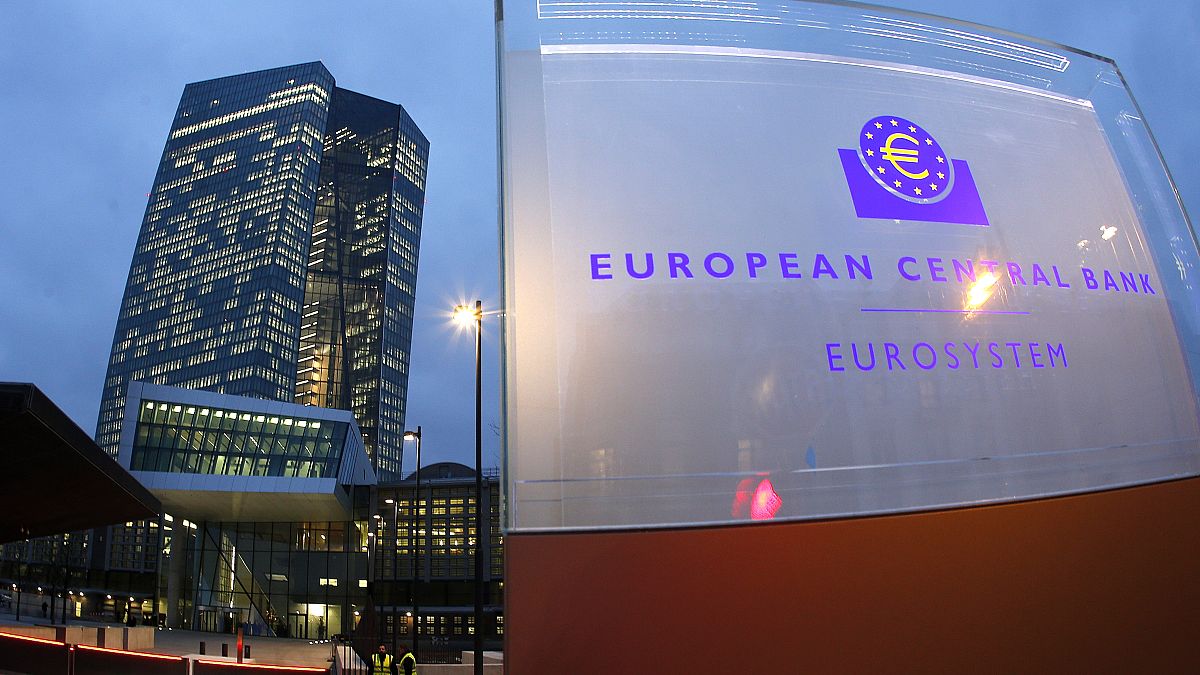The Producer Price Index (PPI), which measures the average change in selling prices that domestic producers receive for their goods and services, has now seen a decline for the 16th consecutive month.
In October, German producer prices decreased by 1.1%, aligning with analysts’ predictions. This decline was a slight improvement compared to the 1.4% drop recorded in September, as reported by the Federal Statistical Office.
The persistent downturn in the PPI for October was primarily driven by a significant reduction in energy prices, which plummeted by 5.6% compared to the previous month. Notably, prices for light heating oil fell by an astounding 22.7%, while mineral oil product prices decreased by 12.9%. Additionally, natural gas prices dropped 10.1%, and fuel prices saw a reduction of 12.1%. Electricity prices also declined by 7.3%.
Interestingly, when excluding energy prices, the overall producer prices actually increased, rising by 1.3% in October. Capital goods experienced a price hike of 2%, with motor vehicles and parts increasing by 1.4%, and machinery costs rising by 2%. Similarly, prices for durable goods rose by 0.9%, while consumer goods saw an increase of 1.9%. Additionally, prices for intermediate goods went up by 0.4%.
The month-on-month producer price index showed a slight uptick of 0.2% in October, a notable improvement from the 0.5% decrease observed in September, perfectly matching market expectations.
Future Economic Outlook
The German economy is grappling with a slowdown in industrial and economic activity, largely influenced by rising interest rates and an increased cost of living that has deterred consumer spending. According to the latest economic forecast from the European Commission, economic activity in Germany is projected to decline by 0.1% in 2024. The current climate of uncertainty has been exerting pressure on consumption and investment, with trade prospects dimming as global demand for industrial goods weakens.
However, there is a glimmer of hope ahead. Domestic demand is expected to rebound, spurred by increases in real wages. This recovery is anticipated to bolster GDP growth to 0.7% in 2025 and further to 1.3% in 2026. Furthermore, the government’s deficit is anticipated to decrease, stabilizing the government debt ratio around 63% of GDP.
Inflation in Germany is expected to average 2.4% in 2024, gradually decreasing to 2.1% in 2025 and further to 1.9% in 2026.
Photo credit & article inspired by: Euronews



